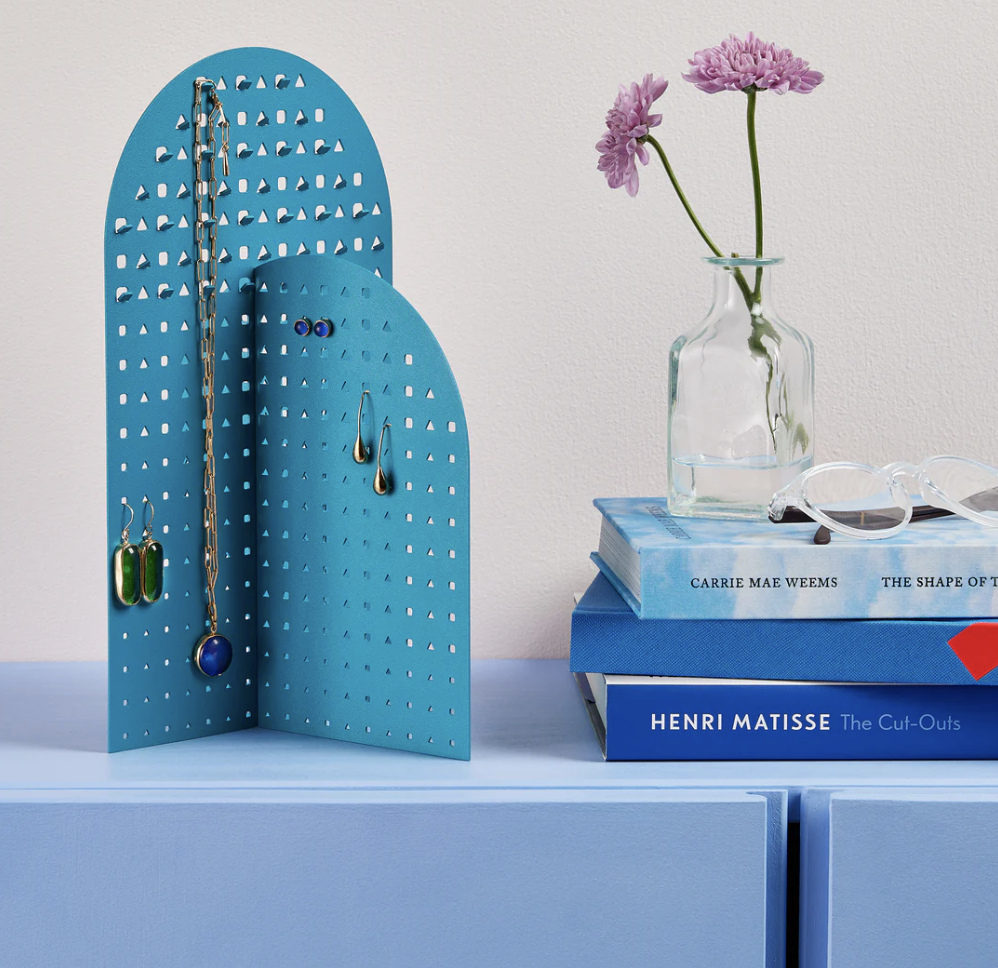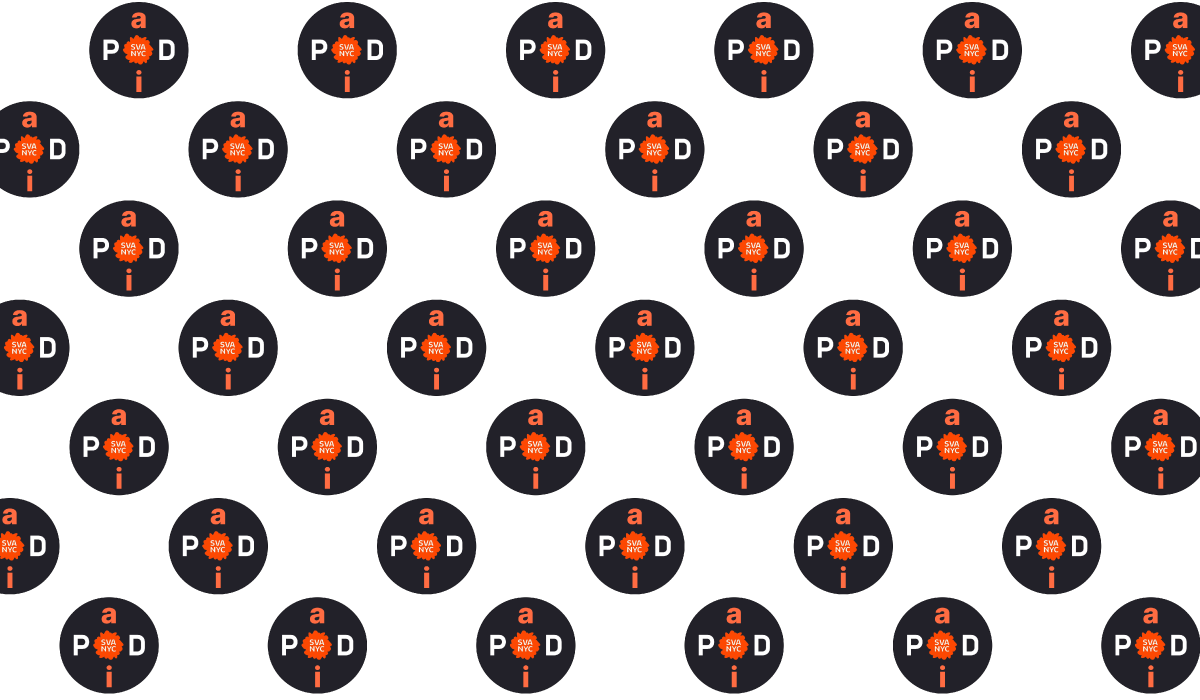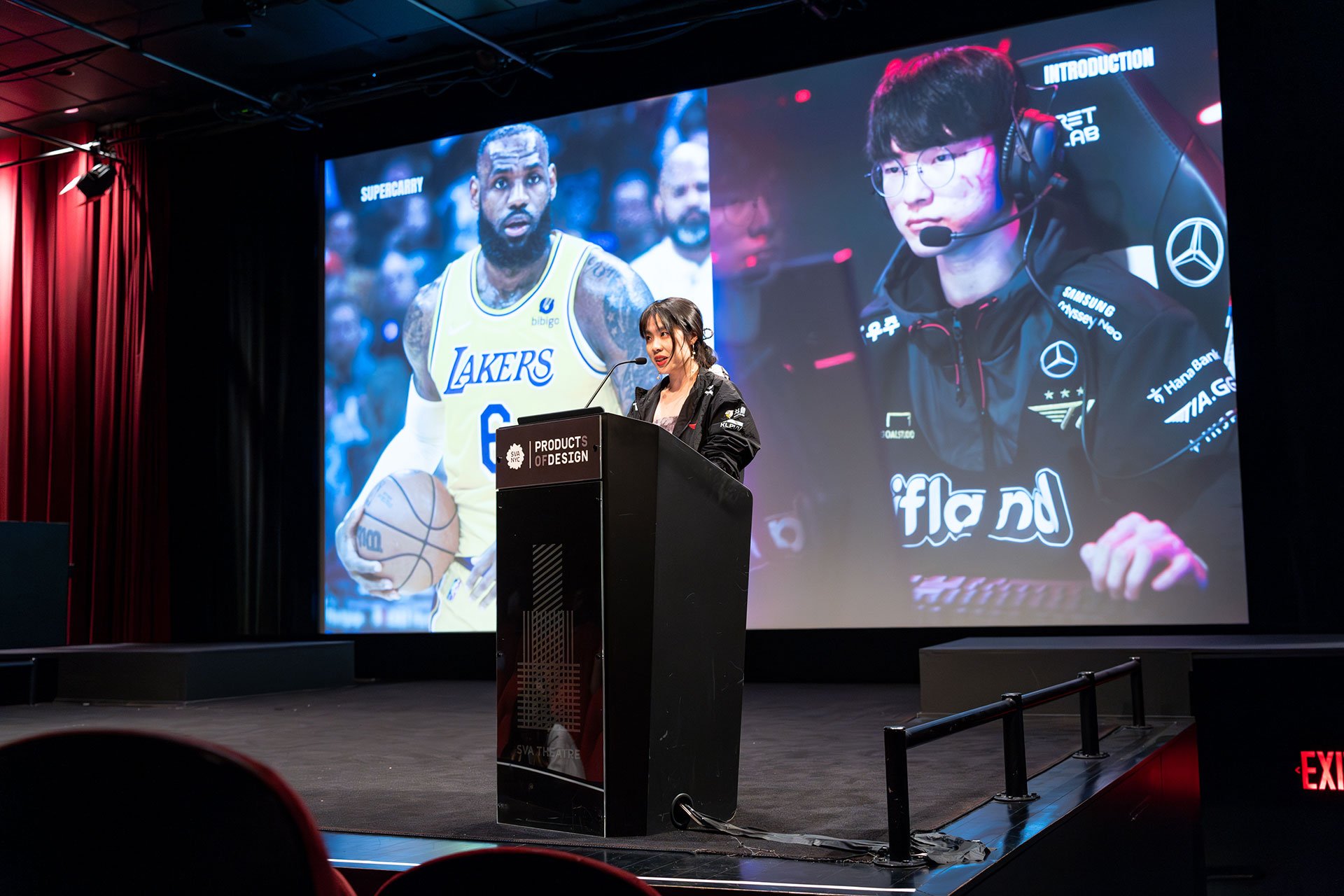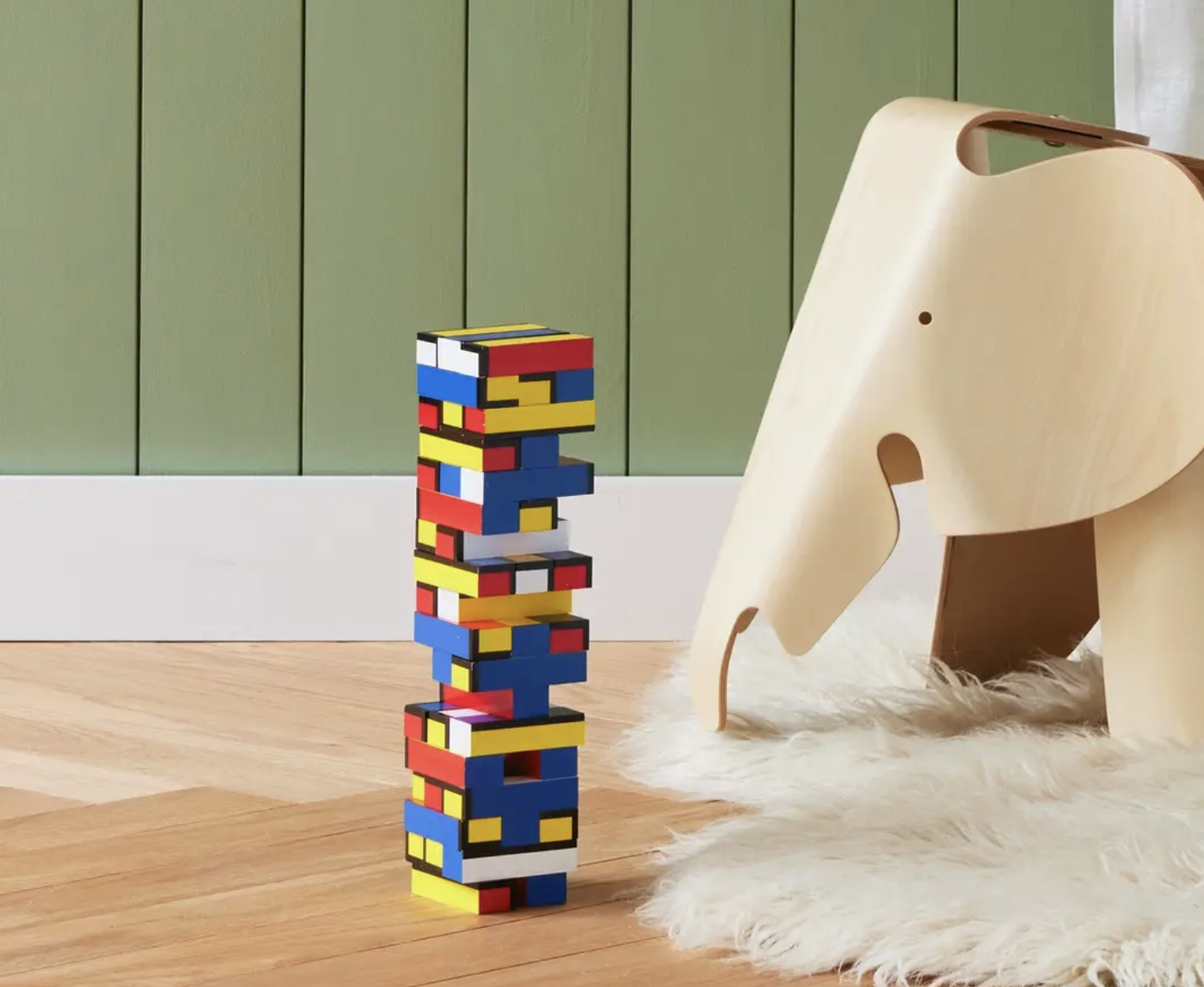Department Blog
Department news, events, and snapshots of student life at SVA in New York City.
Zoom Info Sessions on December 11th!
〰️
Zoom Info Sessions on December 11th! 〰️
Featured Posts
All Blog Posts
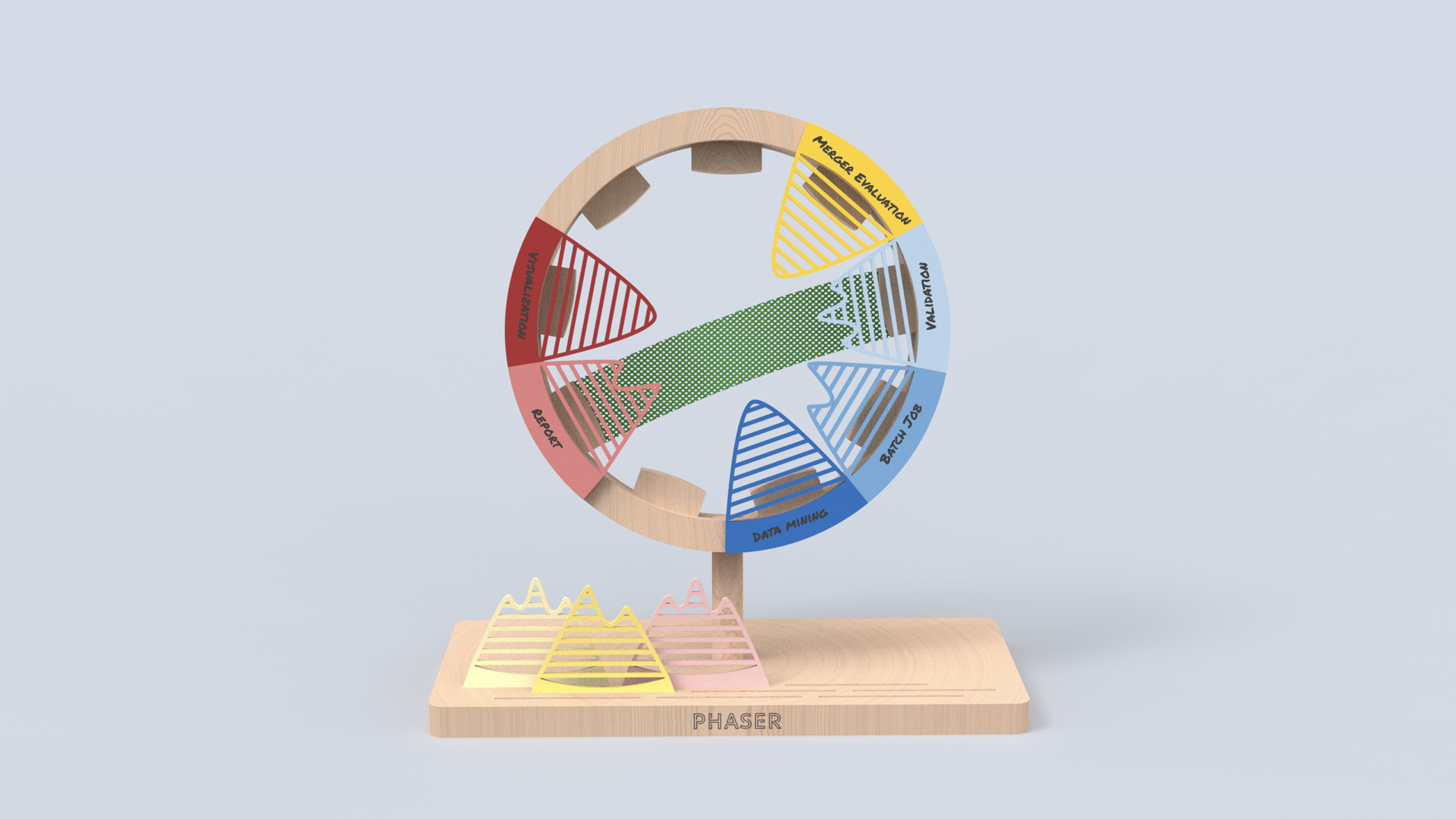
A Guide to Becoming a Product Designer
A product designer is an essential member of any design or digital team. They are the person responsible for overseeing and collaborating on the design, usability, and experience of any physical or digital product. In addition to overseeing the visual aspects of a product, product designers make sure a business’s goals are within reach by optimizing the product to meet a user’s needs in an intuitive, functional way.
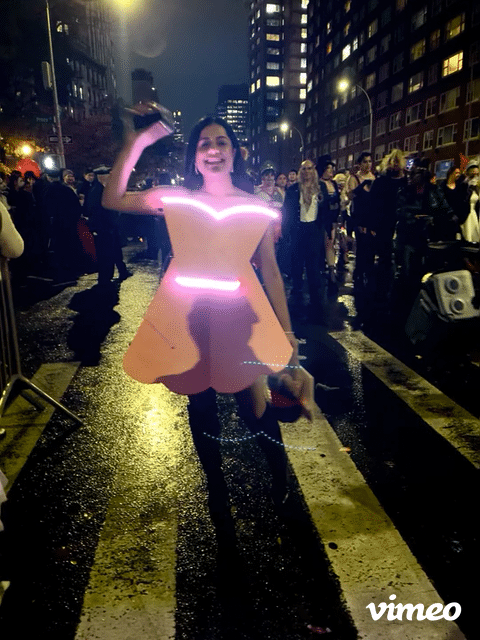
2022 NYC Halloween Parade Costumes!
Every year, our first-year students design and build Halloween costumes as part of their Making Studios. Following the builds, faculty Becky Stern and the students head downtown to join the annual NYC Halloween Parade—drawing over 50,000 participants this year! Check out some snapshots below. Thanks to Becky and students for the photos!
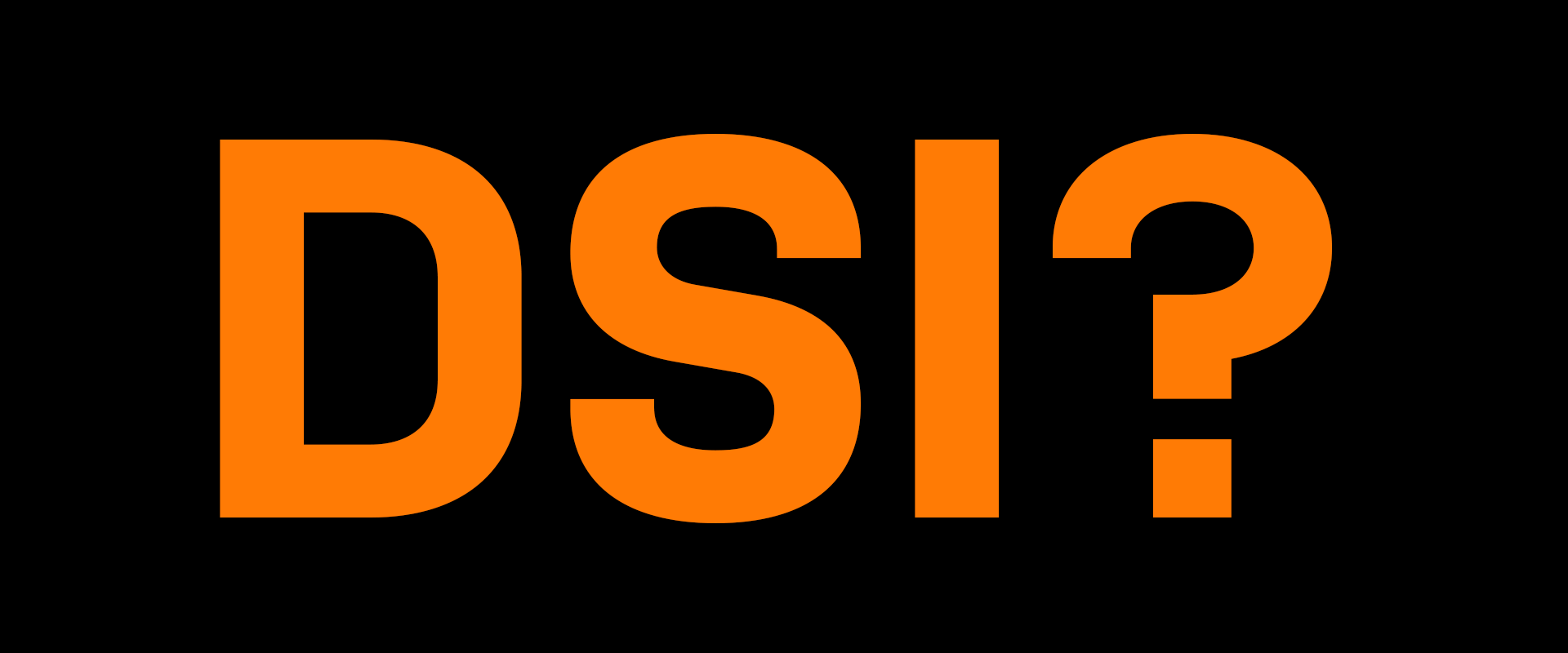
What Is Design For Social Impact?
Design for social impact is the practice of interrogating systems—institutional, economic, social, political, interpersonal—in order to define opportunities for change that give voice to those who has been disenfranchised or marginalized by design. In essence, this field of study provides a methodology for examining domains of power through Socratic inquiry, structural and systems-based design thinking, and solutions-based design making.

Fall Retreat to Beacon NY and DIA Beacon!
At the midpoint of the semester, the students took Metro North Railroad up to Beacon, NY to check out the fall leaves, the DIA Beacon Museum, and some other sights in the town. Enjoy some snapshots below!
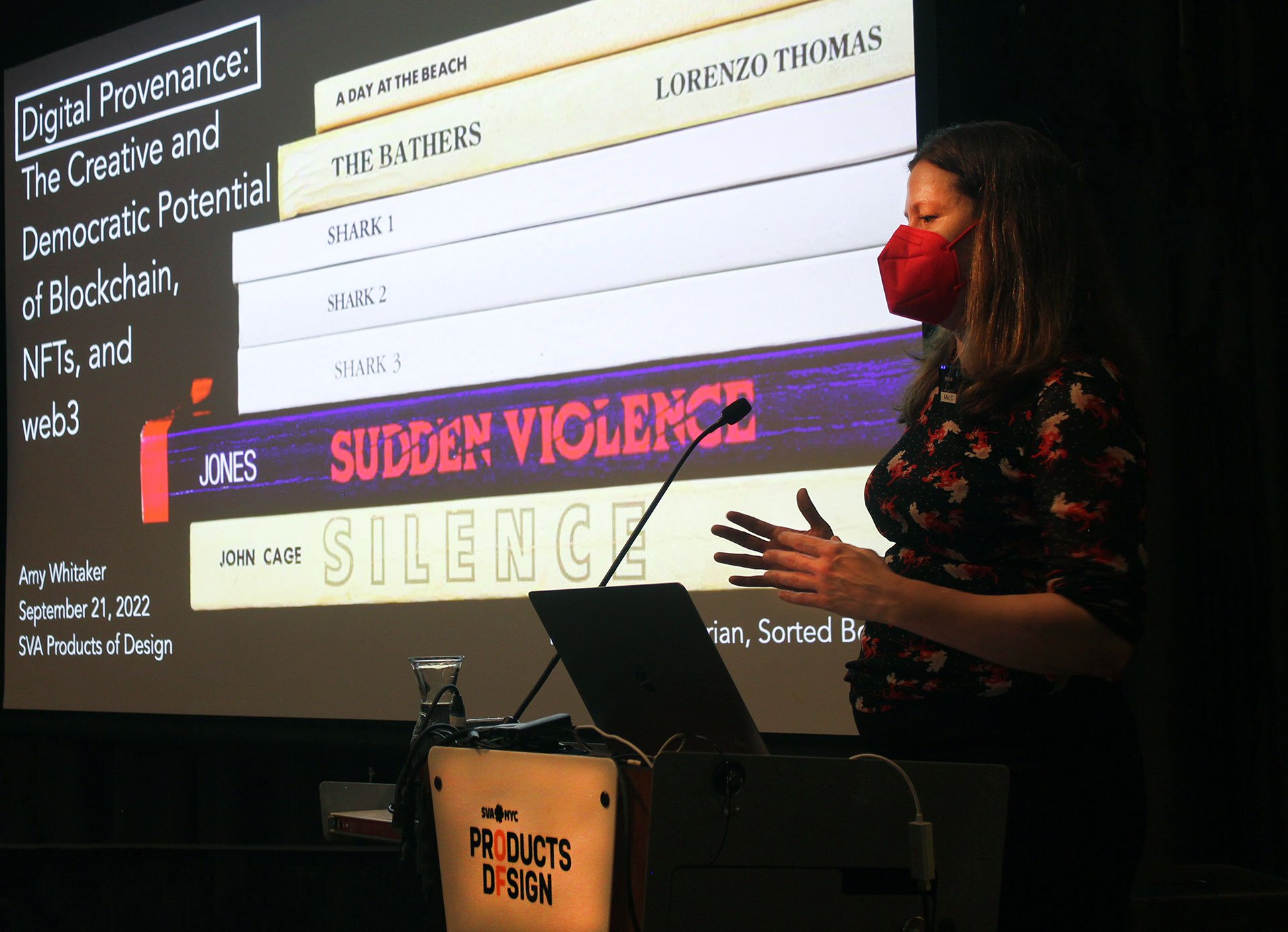
Guest Lecture Video: Amy Whitaker
On September 22, 2022, MFA Products of Design was pleased to host a guest lecture by writer, educator, and advocate Sara Hendren. Amy Whitaker was a founding member of the faculty in SVA's MFA in Products of Design where she taught Business Structures. She is currently an Associate Professor at New York University in the Steinhardt School’s department of art and art professions. She teaches business to artists, art to businesspeople, and economics to arts managers. She started her career in art museums including the Guggenheim, MoMA, and Tate.
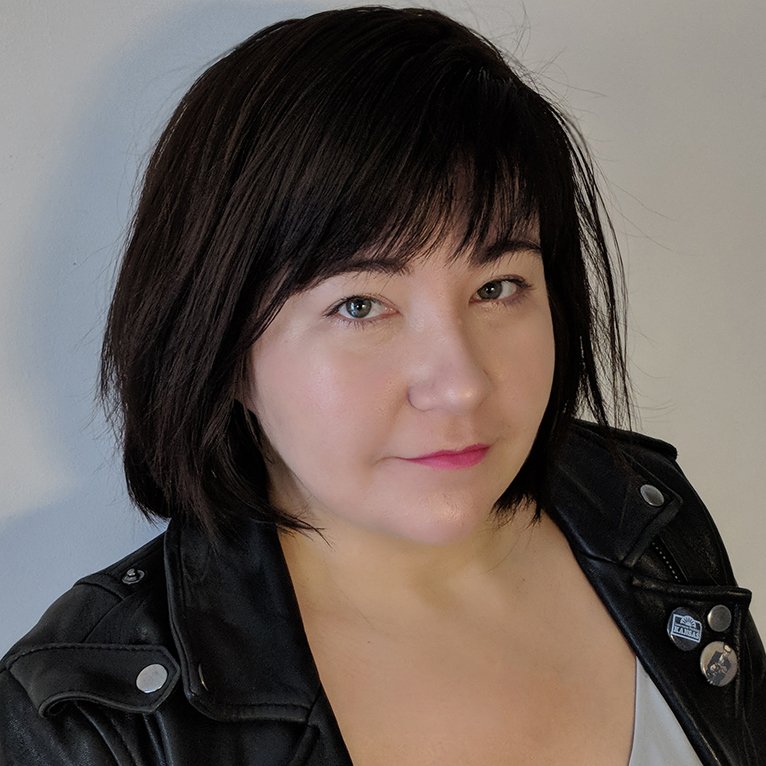
Announcing the Fall 2022 Lecture Series
We are delighted to announce our Visiting Lecture Series lineup for the Fall 2022 season. (See all of our department guest lecturers here.) Read more below about Amy Whitaker, Cliff Kuang, Marquise Stillwell, and Cloé Cooper Joes below!
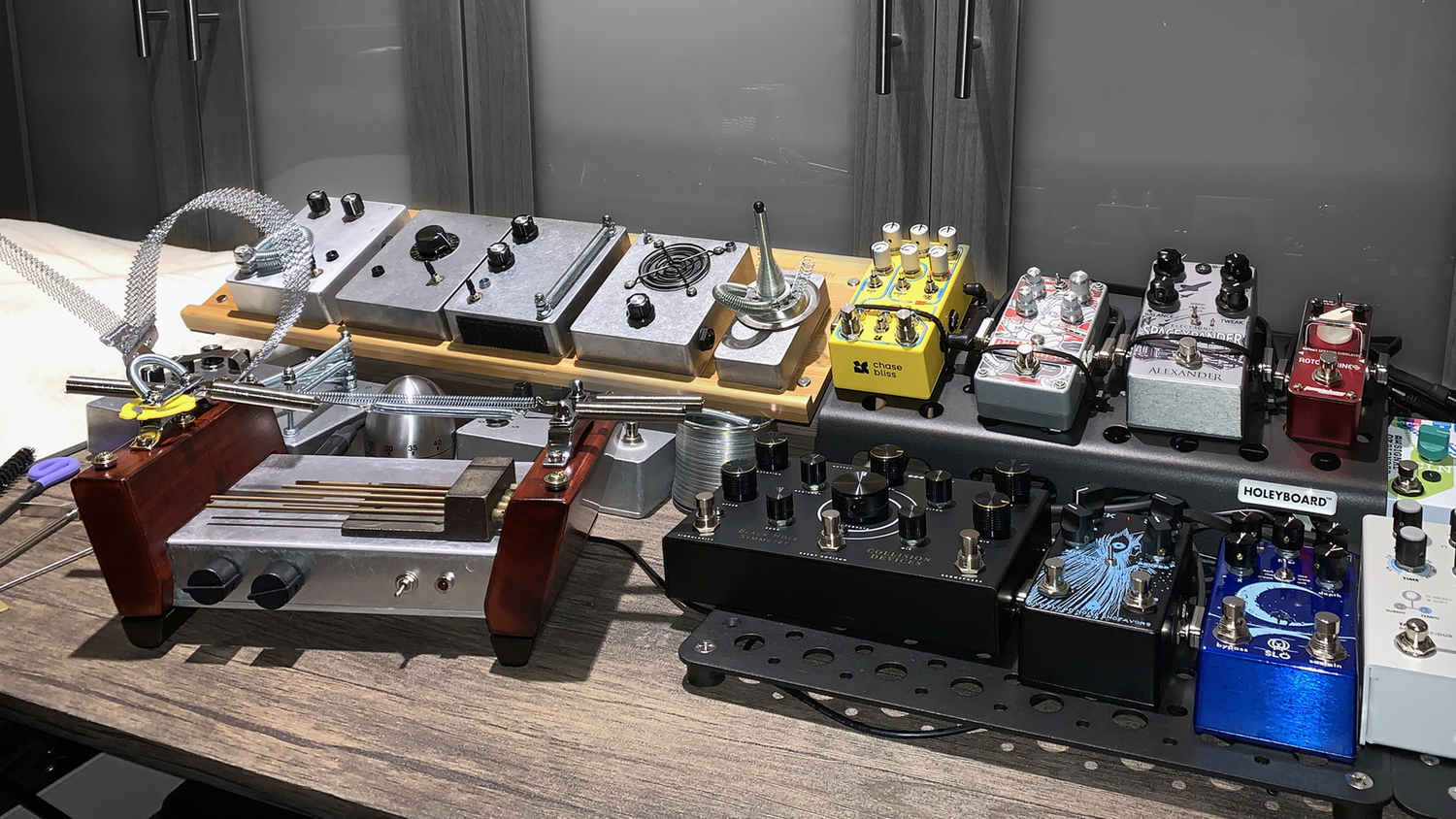
A Fascination with Noise: Contact Mics, Everyday Objects, and Product Design
Contact mics exist at the intersection of experimental music, sound art, analog electronics, and DIY-making culture. In her thesis, Anne Keating explores the design challenge of analog sound circuits, contact mic'd instruments, and the DIY maker culture surrounding the contact mic. She looks at the space occupied by noise artists and boutique guitar pedal makers who build contact mic'd noise devices. She examines how building contact mics serve as a gateway to analog circuit building and why this activity is relevant against the backdrop of digital devices and experiences.
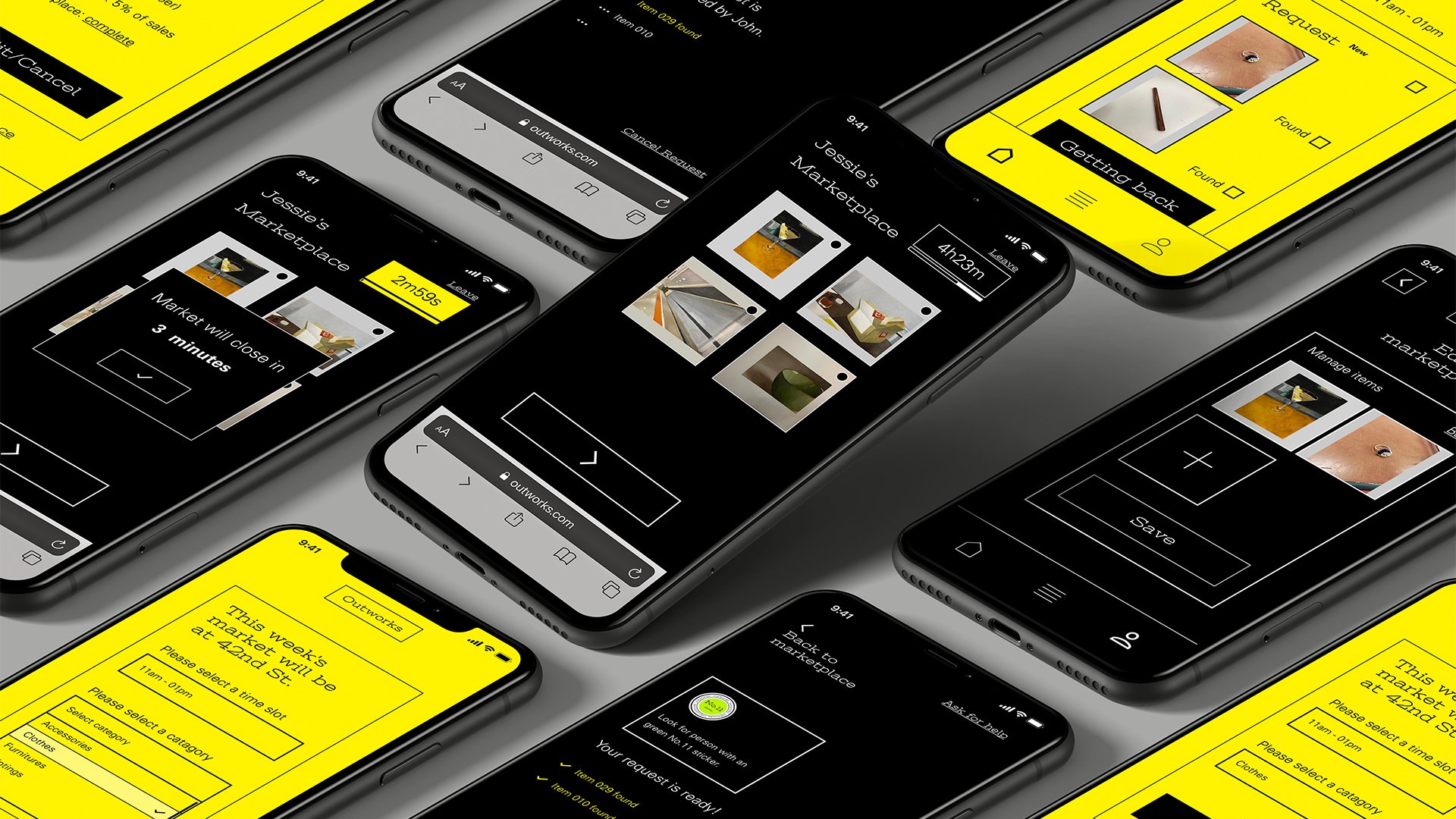
Do As a Pirate Does: An Unauthorized Hacking Guide to a Creative Future
Designers hate piracy. We have been told that pirates are the natural enemy of designers and the corruption of this industry. Nevertheless, Zekun Yang still chose piracy as her topic because she believes that we must challenge our assumptions to create change. In her thesis, Zekun acts as a pirate herself to "hack" into the design industry and address the problem of imbalance between designers and users, bringing a more inclusive future. This thesis can be summarized with a simple axiom: Do as a pirate does—it serves as an Unauthorized Hacking Guide to a Creative Future. In what follows, Zekun has designed products to encourage people to act like pirates, critique designs, and invite more people to build, make and design. She has also pirated the way pirates behave and applied it to make a formerly exclusive industry more inclusive.

The Powerless Metaverse: Inclusivity, Equity, and Ownership
Isabell Park's thesis, The Powerless Metaverse: Inclusivity, Equity, and Ownership, investigates the Metaverse through the lens of design to solve complex problems of access, socioeconomic gaps, and more. Metaverse, a recent buzzword, is defined as a digital world currently entered through virtual reality (VR) or augmented reality (AR) that allows people to interact, mimicking the real world. Isabell was inspired to explore the topic when the South Korean government recently decided to significantly invest in the Metaverse. “This funding expanded opportunities for people to enter the Metaverse.” Isabell explains. “With skyrocketing rents and low wages, the socioeconomic gap is significant.” This inequality allowed only the top 10% to afford physical properties—whereas people found the Metaverse to be an opportunity to own digital investments and properties. In Isabell’s design investigations she asks the question, “Does this technology have to lead to such a dark future?”

